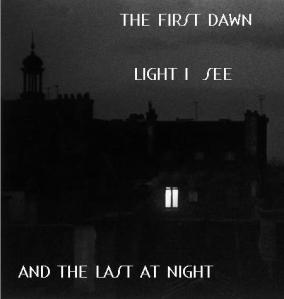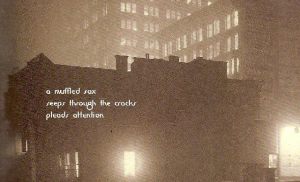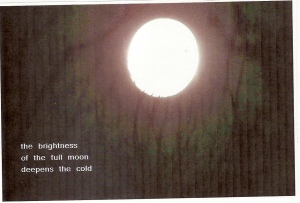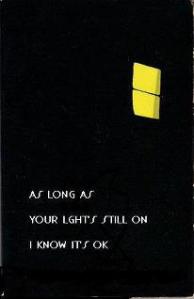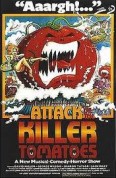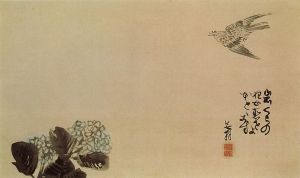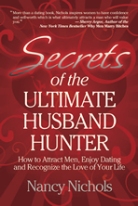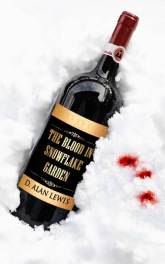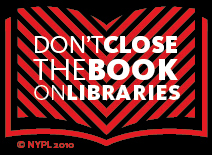These words of wisdom come from the Women’s National Book Association’s Coffee with Authors Panel in the Southern Festival of Books, October 13, 2012
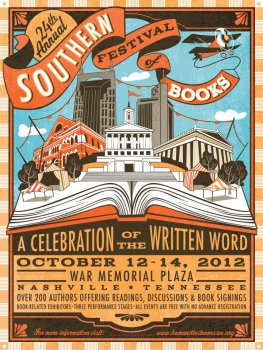
Courtesy of Humanities Tennessee, 2012
The Women’s National Book Association is insanely fabulous. And it isn’t just the free swag talking (though their swagbags are the best I’ve ever had- several free trade copies of novels I’ve been desperate to read and anxiously waiting on!). These women do a lot of great literacy-based stuff in their communities and always pick the most challenging and multi-faceted books to recommend. So when I had a chance to get in on their early morning panel at the Southern Festival of Books, I didn’t think twice before signing up.
Moderated by Nina Cardona, of Nashville’s “All Things Considered” on NPR, the panel of questions and answers was a whirlwind of fantastic writing insight. She grilled Ben Fountain (Billy Lynn’s Long Halftime Walk, Ecco/HarperCollins; 2012 National Book Award Finalist), Christopher Tilghman (The Right-Hand Shore, Farrar, Straus and Giroux; 2012 Great Group Reads selection), Gail Tsukiyama (A Hundred Flowers, St. Martin’s Press), and Karen Thompson Walker (The Age of Miracles, Random House) who were happy to give away their secrets.
Though these four authors write wildly different types of fiction, Nina Cardona’s questions revealed that they shared three main themes which shaped their decisions as writers: desire, research, and failure.
Ben Fountain was first to speak about desire. His insights into his character, Billy Lynn, are fueled by motivation and the young man’s desires:
“Billy is 19 years old, and I was 19 once,” Fountain said as the audience laughed. Fountain asked himself, “what do they want?” and found “They want what all the rest of us want – to love and be loved. Even the most callow 19 year old boy/man wants that in his own way…Everyone wonders “who am i? what will become of me? What will I do with my life? What constitutes a decent life? How will I construct it?” These profound questions are at work in 19 year olds who are being whipsawed between the extremes of human nature and human experience. Billy has to act as a symbol of patriotism when he doesn’t know who he is. “As the story developed he became a kind of everyman. Maybe the kind of man I’d like to be.” Fountain says he figured it out sentence by sentence.
Everyone wonders “who am i? what will become of me? What will I do with my life? What constitutes a decent life? How will I construct it?”
Desire also played a large role in Gail Tsukiyama’s writing process. Tsukiyama said that in life, “what I can’t do I want to do…I was never smart enough to be a doctor, so I practice in the books.” Your own desires find their way into your characters.
Research was also a central theme in the discussion.
Nina Cardona called Tsukiyama’s book “intense yet gentle” because of how the China’s revolution took a background to the familial fallout which was center stage. Tsukiyama said that so many books set in the Revolution were written by people who lived through it, so she wanted to write about people who were marginal. “This is a book about the one who isn’t in prison, but the one who stays at home.” She wanted to get the POV of those left behind in these vast historic moments, which required a combined approach of research and imagination.
Christopher Tilghman’s research all came down to place: “My work has always started with a place… Placedness and landscape are important to me.”
Ben Fountain agreed that research is a tricky thing. “There’s a risk that when doing research you’ll over-determine the story… It will be so present and front that you’ll lose some other elements. So basically I do the research first, then give it time to marinade.”
Karen Thompson Walker’s research was challenging, as her novel is a what-if novel, set in a future world. That gave her some wiggle-room. In addition to the what-if science, a lot of the research for Walker’s book was for the young-adult protagonist. Walker had to remember how she was at that age, filled with curiosity. This curiosity translates over to the writing process: “Writing feels like reading. I have to feel the curiosity I would as a reader when I’m writing… The times I get nervous is when I don’t feel that curiosity. Then I have to stop writing and go back.”
“I have to feel the curiosity I would as a reader when I’m writing.”
Nina Cardona pointed out that so much great writing often comes out of great failure. The authors agreed:
Tsukiyama: “I wrote 100 pages of wartimes in this book and could not get it right.”
Tilghman: “I’ve tried a couple of times and failed badly,” he said. “All my novels have come from failed short stories…they couldn’t be done in 30 pages; they needed 300. It just grows.”
The Moral of the story? Think about what your characters want more than anything and let that drive the plot. Do the background research but don’t let the research dictate the story. And fail a lot, and be comfortable with failing that much. Once you know how to not do it, how to do it becomes more obvious. All four of these authors pushed through the failure to land publishing contracts with big houses and win big prizes and the freedom to work on their next projects. It’s worth it.
Many thanks to Cardona and the authors, the WNBA, the Southern Festival of Books, the Nashville Public Library, the city of Nashville, and all of their sponsors.


